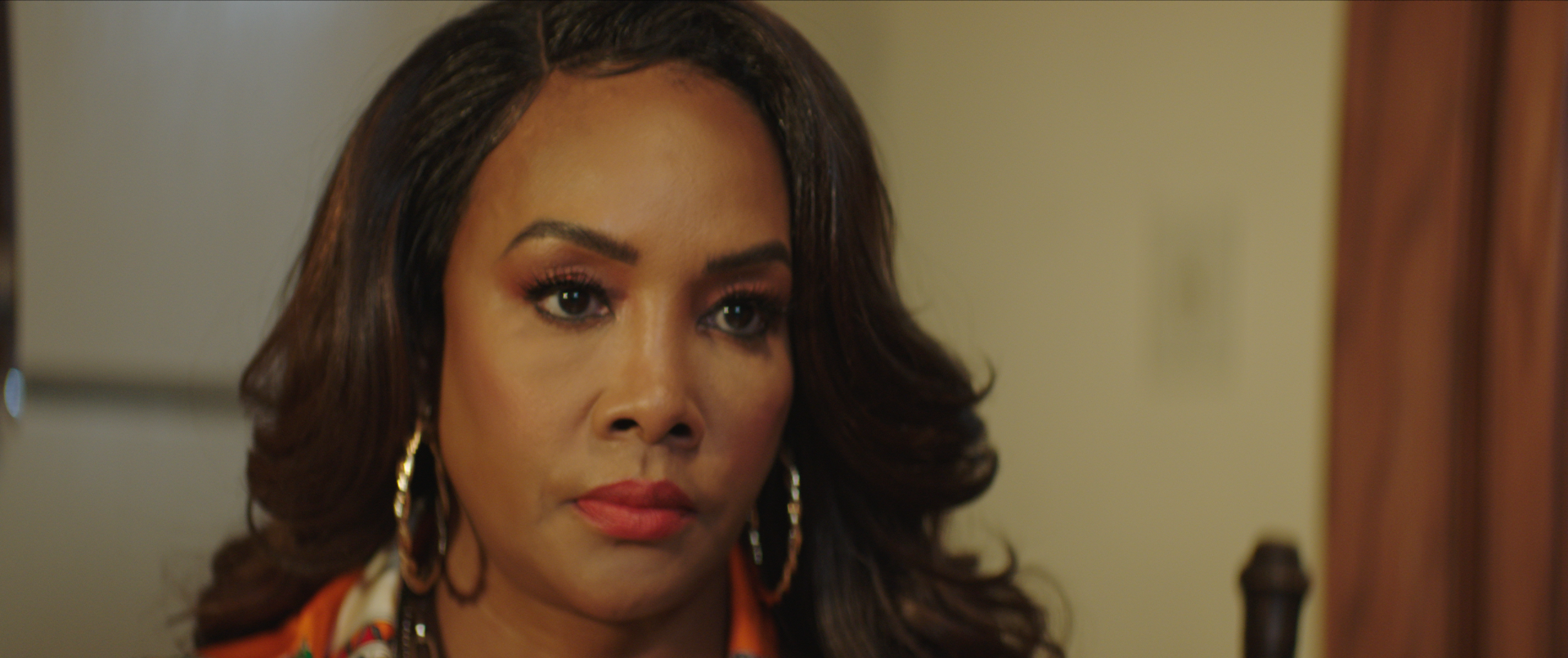True to the Game 2
by Darren Tilby
Full disclosure: I never had the pleasure of seeing the first True to the Game movie, and so my thoughts here are based entirely on Jamal Hill’s sequel True to the Game 2 and what little I managed to garner from it about the first movie.
Picking up a year after the murder of her husband – Quadir – by rival gang leader Jerrell (Andra Fuller), Gena (Erica Peeples) is determined to leave her life in Philly behind her, moving to New York City and reinventing herself as a journalist. But the past has a way of catching up, and soon the drug gangs she thought she had escaped are closing in.
At its heart, this is a story of black lives being torn apart by gang violence, and as such, you might expect it to be a profound or maybe even empowering experience. Regretfully, the only thing remotely profound or empowering here is that not absolutely everyone in the film is an utterly detestable stereotype—although most are.
Much of the film relies on broad stereotypes and genre clichés, as it grinds from one scene to the next, and from one two-dimensional character to another. And there are a lot of characters here, in fact too many. Each with their own branching story going on, many of them not particularly well written, and most with arcs never satisfactorily resolved. While there are many perfectly capable performances, I just can’t accept them as believable people.
Quite apart from that, the pacing is off, the soundtrack feels like an afterthought and the plot is quite dull. It’s not bad, but nor is it exciting; there is nothing here that we haven’t seen before, and seen done better. The camera work, however, is really rather splendid. Framing is solid, and how the camera drifts and floats throughout and from scene to scene is skillfully done and pleasing.
True to the Game 2 didn’t work for me, on any level whatsoever. I disliked many of the characters, I was disinterested in the story, and I was bored by the predictability of its cliché-ridden writing. Fans of the first film (True to the Game), and perhaps fervid fans of the crime genre itself, may get something out of this, or at least more than I did. But suffice to say, I won’t be climbing the walls in anticipation for a sequel.










